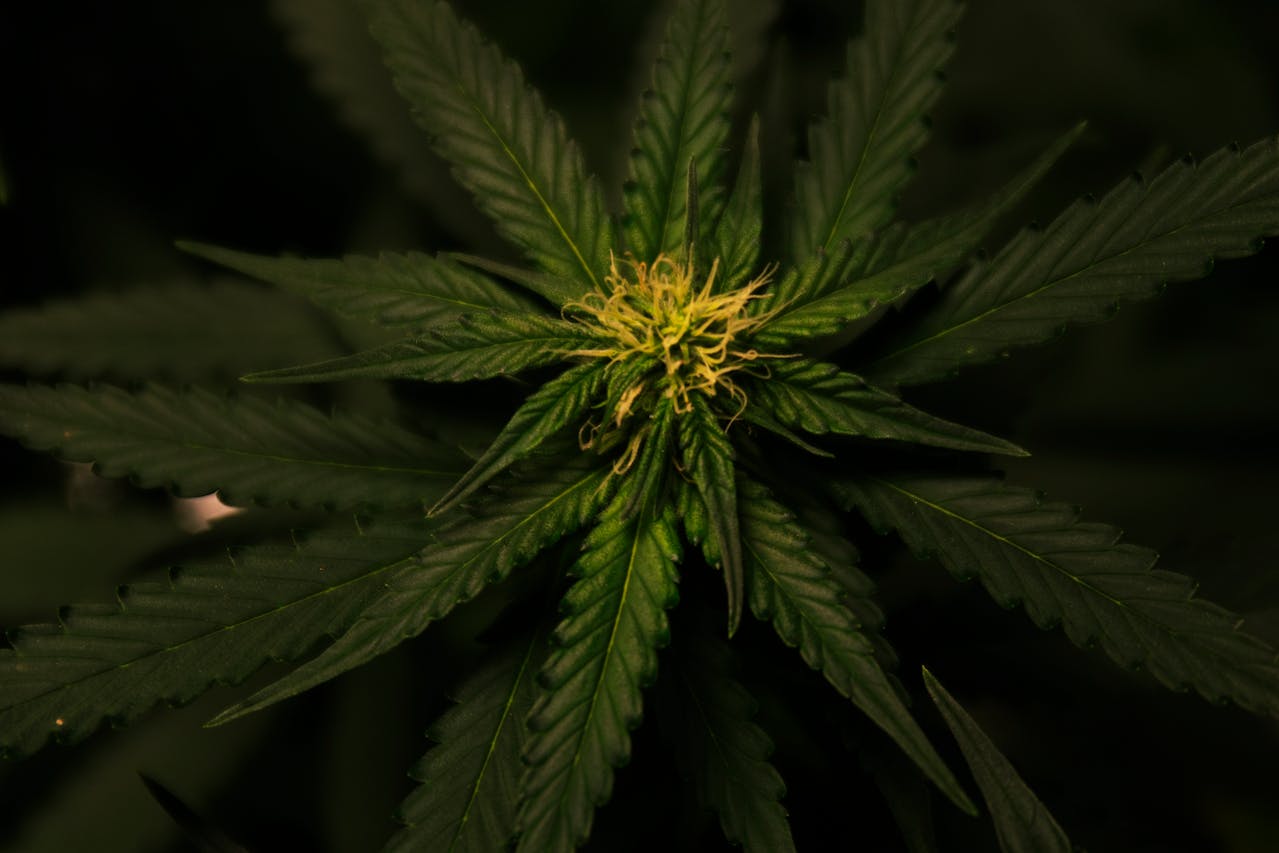
South African hemp industry set for ‘tenfold’ rise in legal THC limits
South African hemp farmers are poised to gain from a proposed rise in the permissible THC levels for hemp cultivation.

The South African government is moving towards legalising and regulating the cannabis industry by transferring oversight from the agriculture ministry to the trade and industry ministry.
This move aims to create a clear legal framework for cannabis businesses, which are currently operating in a legal grey area.
With this, the government plans to raise the THC limit in hemp from 0.02% to 2%—a tenfold increase.
This change is a major relief for hemp farmers who struggle to meet the current low threshold due to South Africa’s intense sunlight—which naturally boosts THC levels.
Commercial opportunities
Raising the THC threshold will make it easier for farmers to produce compliant crops. This is set to boost local hemp production not only for personal use but for textiles, construction materials, and other industrial uses.
The revised limit is part of a broader effort to regulate and expand the cannabis industry in South Africa.
President Cyril Ramaphosa signed the Cannabis for Private Purposes Act in May 2023. This allowed for the private cultivation, possession, and use of cannabis in the Republic.
However, selling cannabis is still technically illegal (except for medicinal uses). To address this, a new bill is expected in Parliament early next year. This legislation will help formalise the industry and support cannabis retailers and dispensaries.
The trade and industry ministry, led by Parks Tau, will now manage the national cannabis master plan.
The goal is to speed up the development of the industry. It has faced delays since 2018 due to bureaucracy and lack of a unified vision.
Previously, nine government departments were involved, contributing to this slow progress.
“The master plan is now with the [Department of Trade, Industry and Competition],” said Trade and Industry spokesperson Yamkela Fanisi.
“The department is working on the commercial strategy within the legal parameters. Medical cannabis will also be considered.”
“Where there is a need to amend legislation to optimise full commercialisation, a due process will be followed.”
